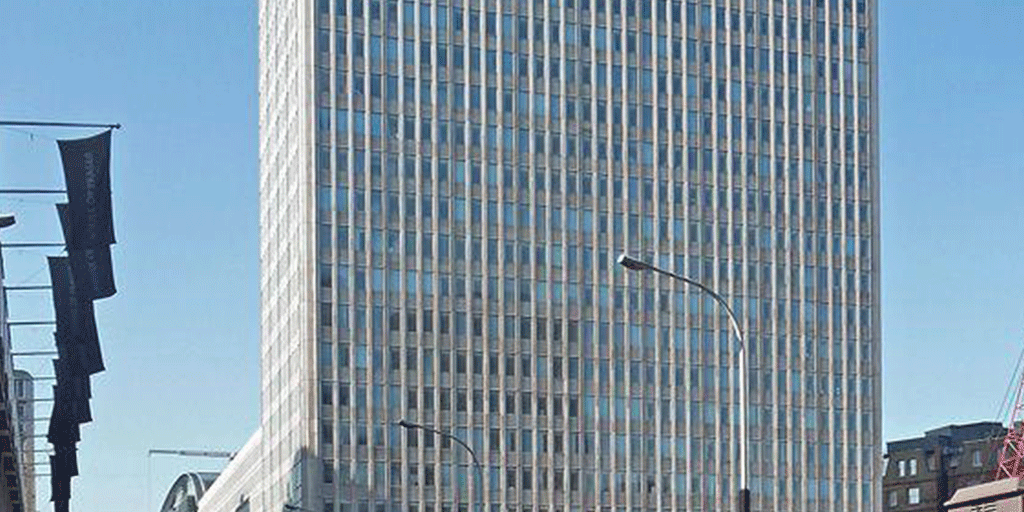People
Westminster City Council (WCC) has the rare distinction of being an inner London borough and a city council. The resident population is approximately 250,000, but that number is swelled by visitors for most of the year due to Westminster’s position in the heart of London and many famous landmarks. The borough is one of contrasts, containing some of the most affluent and deprived areas in the country and a unique demographic mix. It consistently has the highest numbers of people sleeping rough in the UK.
As part of the national response to COVID-19, the government asked councils to house all those sleeping rough – the so-called Everyone In initiative. Councils responded by placing people in emergency accommodation; usually hotels. WCC directly placed 266 rough sleepers into this type of accommodation from April to June 2020, but needed a more permanent solution. So, Westminster requested help from PwC to design, implement and manage an emergency response and move this group of people – some of whom had been sleeping rough for years – into more sustainable accommodation.
There was significant time pressure to complete this project. Suitable accommodation was not readily available, but the cost of using hotels as a stopgap was becoming prohibitive. The nature of the pandemic measures was such that to act sooner rather than later was likely to be more successful.
The project wasn’t simply about moving people; the aim was to help people towards independent and secure living, informed by an understanding of the trauma they had experienced. This was the start of a life change for many of the people supported through the emergency response measures.
This was an emotive issue that saw PwC’s approach go beyond the parameters of a traditional client/consultant relationship by effectively integrating with WCC’s team, to collaborate seamlessly on devising a coherent strategy that would not only solve the immediate rehousing issue, but also create a sustainable methodology for the future.
PwC’s anchoring role was one of programme management and rapid service design support. The outcome of this role was a set of suitable, supported, secure routes for each individual to move on from their emergency accommodation, facilitated by the relationships held by the WCC rough sleeping and housing teams, with accommodation delivered by WCC’s expert procurement team. Many of the clients presented complexities for rehousing, through ill health, immigration status, or other factors that required the involvement of specialist agencies.
The success of the whole programme relied on collaboration, communication, and smart use of data. A high level of transparency enabled active management and same-day problem-solving, as well as a proper grip of the programme as a whole, PwC also supported WCC to leverage a carefully coordinated series of partnerships with housing providers, charities and mental health advisers to support the emergency programme, , which renewed collective commitment to partnership working for the future. The project was a success. All 240 of the 266 people WCC were in a position, with help from PwC, to support were moved into more sustainable forms of housing, with some of those breaking the cycle of rough sleeping and dependency on services for the first time.
View the PwC profile in the MCA Members Directory.

